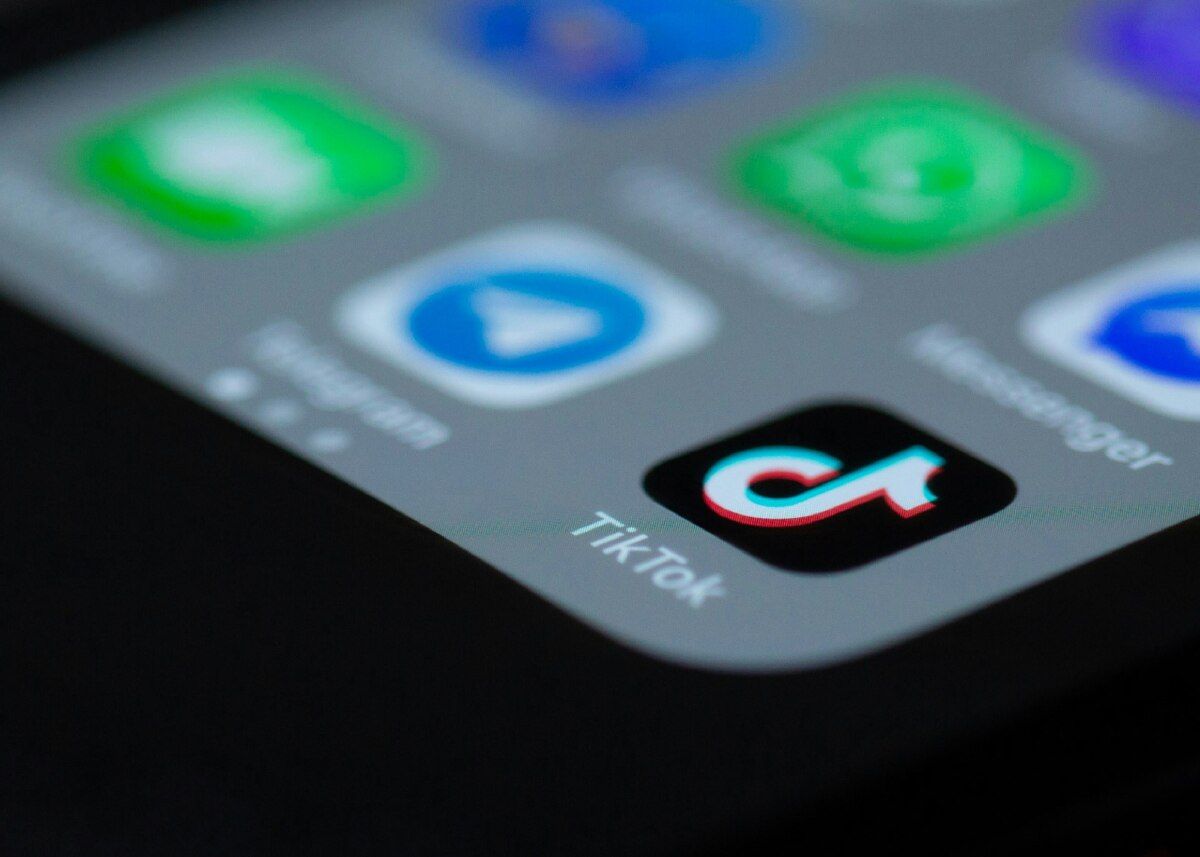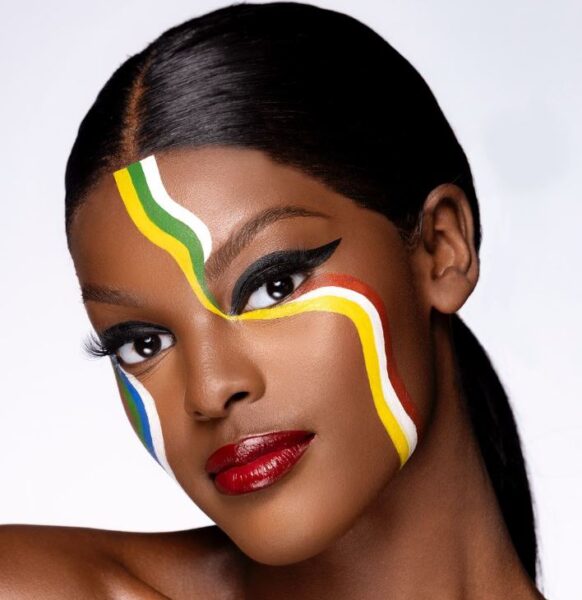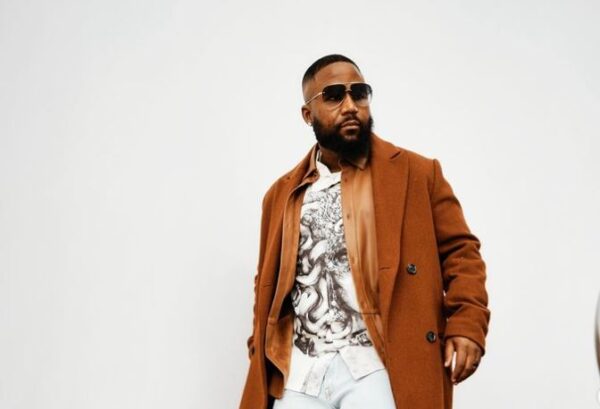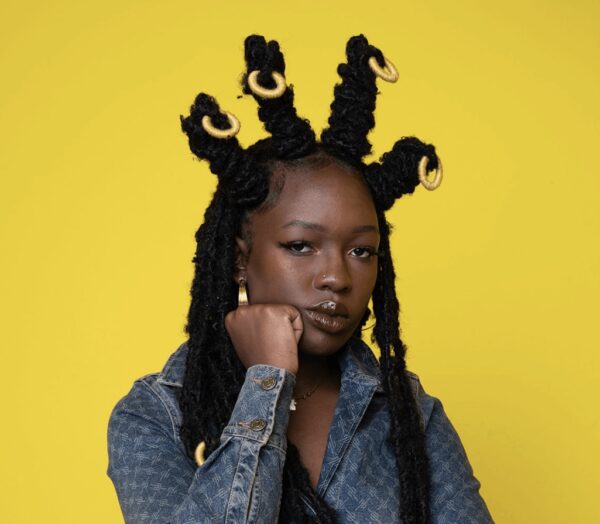TikTok shut down across the United States late Saturday night, moments before a nationwide ban came into force.
THE TIKTOK BAN
Users who visited the app or its website found a message stating, “Sorry, TikTok isn’t available right now,” along with a mention of the new law banning it, according to AP News.
The message expressed hope for a resolution: “We are fortunate that President Trump has indicated that he will work with us on a solution to reinstate TikTok once he takes office.”
The ban, signed into law by President Joe Biden in April 2024, targets apps linked to foreign adversaries like China.
CHINESE SOCIAL MEDIA PLATFORMS
This includes Lemon8, TikTok’s sister app, and RedNote, another Chinese social media platform that has gained popularity as an alternative.
ByteDance, TikTok’s parent company, turned off the platform minutes before the ban took effect, according to CNN.
President-elect Donald Trump hinted at delaying the ban for 90 days after his return to the White House on Monday.
Speaking to NBC News, he said a reprieve is “something that will most likely be done.”
INTEREST IN TIKTOK RISES
He explained the law permits a one-time extension if TikTok makes “significant progress” towards selling its U.S. operations.
Interest in TikTok’s U.S. assets has surged. Former Treasury Secretary Steve Mnuchin revealed in March 2024 that he was forming a group to bid for the app.
The video-sharing platform Rumble and billionaire Frank McCourt’s Project Liberty have also shown interest, according to Forbes.
Project Liberty’s proposal reportedly includes support from Shark Tank investor Kevin O’Leary, who said he was ready to offer R 374 billion ($20 billion).
POTENTIAL BUYERS FOR TIKTOK
Analysts estimate TikTok’s value between R 748 billion and R 935 billion ($40 billion–$50 billion), making it a highly sought-after asset.
Given his close ties to Trump, Elon Musk’s name has also surfaced as a potential buyer. However, no deal has been finalised.
The Supreme Court upheld the law, citing national security concerns.
ACCUSATIONS FROM THE FEDERAL GOVERNMENT
The federal government had accused TikTok of spying on journalists, promoting propaganda, and mishandling sensitive user data, including Social Security numbers.
TikTok denied these allegations, arguing the ban violates its First Amendment rights. The company described the ban as “not commercially, technologically, or legally possible.”
South African users may wonder if similar bans could reach their shores. While TikTok remains available globally, the U.S. ban highlights growing tensions over data privacy and digital sovereignty.
WHAT’S NEXT?
TikTok says users can still log in to download their data, but the future remains uncertain.
Some users have explored VPNs to bypass the restrictions. Others are saving their favourite videos in case the app doesn’t return.
The law banning TikTok underscores broader concerns about Chinese tech companies.
A WAKE-UP CALL
South Africans should pay attention as global debates around data security intensify. As tech analyst Dan Ives notes, “This isn’t just about TikTok. It’s a wake-up call for the tech world.”
Trump’s final decision could provide TikTok a lifeline. However, the app’s fate in the U.S. — and possibly beyond — hangs in the balance.
DO YOU BELIEVE THE BAN IS JUSTIFIED DUE TO NATIONAL SECURITY CONCERNS?
Let us know by clicking on the comment tab below this article or by emailing info@thesouthafrican.com or sending a WhatsApp to 060 011 021 1.
You can also follow @TheSAnews on X and The South African on Facebook for the latest news.














